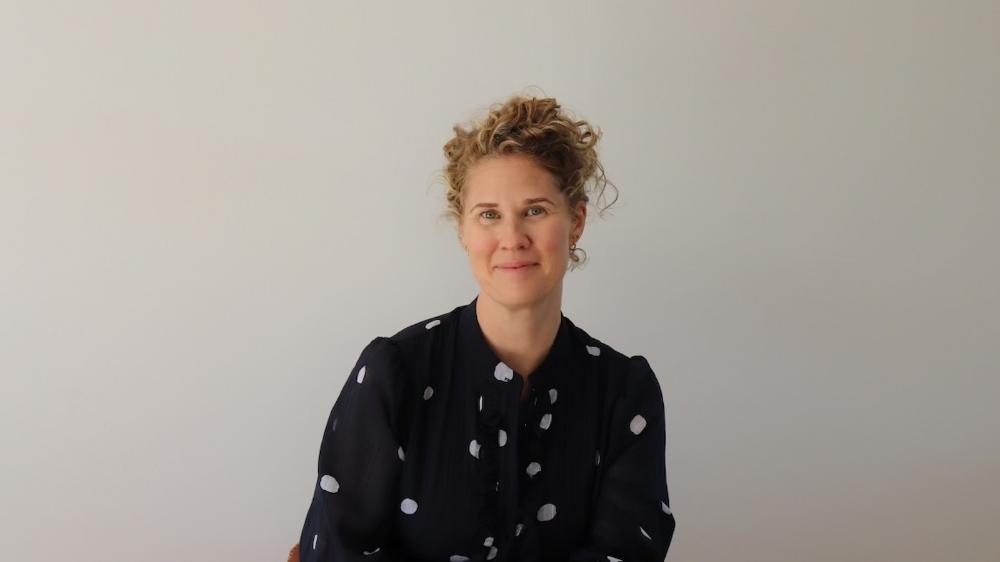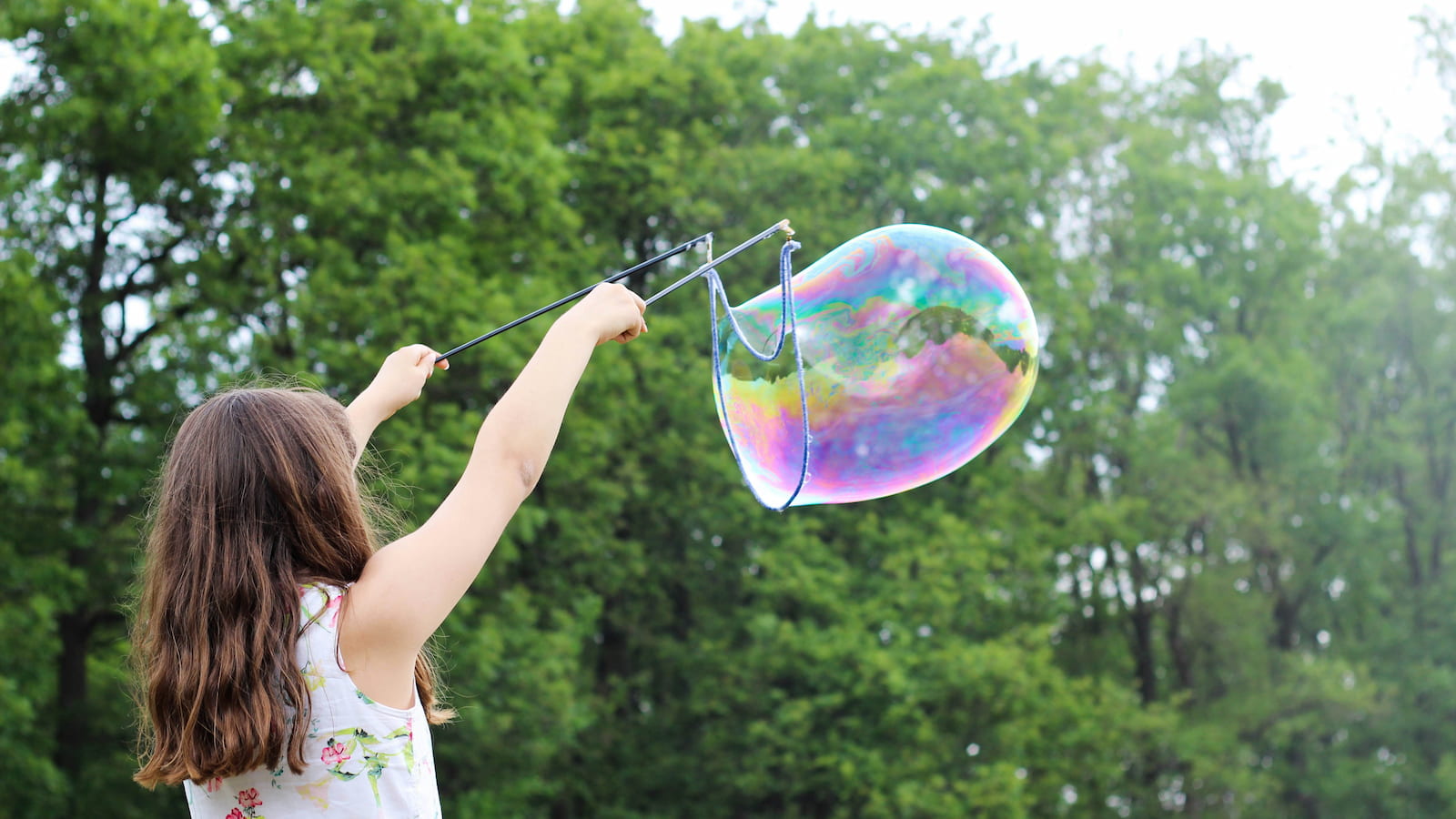September 23, 2024
The hidden benefits of challenging play
New research shows parental intervention can support the development of children’s self-regulation
Children face a world brimming with choices, where every small decision is a step towards independence and self-regulation.
Imagine a world where play becomes a training ground for this essential skill, with parents guiding their children through the art of problem solving and in the process, helping them to understand and overcome challenges.
Dr Natalie Day, a Research Fellow at the Early Start Research Institute, is the lead author of a paper published this week in the journal Brain Science, which captures the fundamental role that parents play in supporting their children’s self-regulation through play.
In ‘Effect of the Partners in Play Intervention on Parents’ Autonomy-Supportive Guiding Behaviour and Children’s Self-Regulation’, Dr Day outlines the importance of self-regulation to a child’s development and long-term outcomes and how, with some simple tweaks to their behaviour, parents can help children as young as three to understand and manage challenges and encourage greater self-regulation.
Parents, Dr Day said, are the guiding force for their child’s development, including self-regulation, yet many focus on the role of preschool or daycare settings for learning these skills.
“As parents, we often don’t realise that the home is the most influential environment for children’s cognitive growth and development.
“Children with lower levels of self-regulation have poorer outcomes in the long run. And this is a skill that can be learnt from an early age, especially in the preschool years but even older. Positive self-regulation is associated with academic achievement, mental wellbeing, school engagement, and social skills, but those who are less able to self-regulate are at greater risk of anti-social behaviours. If they don’t have these skills by the time they reach the school ages, it can be very difficult to bridge that gap.”
As part of the intervention, called Partners in Play (PiP), Dr Day recruited groups of parents and children and watched and coached them through play over an eight-week period. The children were aged between three and five, a time in which they are undergoing huge developmental growth. Play is the most significant learning activity for children and is vital to developing their thinking, problem solving, and creativity.
As the children took part in the weekly playgroups, at Early Start and parent-child play in their own home, the parents were encouraged to let them lead the activities and to face challenges, to not intervene before the children showed signs of challenge. When they showed signs of needing support, the parents provided them with supportive strategies to solve their problems, which enabled the children to build their autonomy and feel in control of their decisions. Importantly, the support that parents gave was dependent on the child’s signals for help, but not before.
“The idea is not that parents should stand back and adopt a hands-off approach and let children struggle – that isn’t the case. Rather, we focused on not jumping in too soon before the child show signs of experiencing challenge. It’s about following their lead and not taking away perceived challenge that isn’t actually there for the child.”

Dr Natalie Day. Photo: Jaye Murray
The researchers taught the parents the skills to support their children through challenge with words of encouragement, questions and hints, statements, and physical ways to support the children through their emotional peaks and troughs.
For example, if a child was struggling to finish a puzzle, rather than search for the pieces for them, the parent would encourage the children to consider what colour they needed and search for it themselves. The child becomes the decision maker and develops the skills they need to find the puzzle piece, a strategy that they can take forward.
Dr Day found that those children who were given more independence and autonomy by their parents had the greatest improvement in self-regulation scores. Often, she said, parents said they had been intervening in their child’s play, before they had trouble, without even realising it.
“Autonomy is a basic psychological need for all of us. But often as parents we remove all challenges, sometimes without even realising it, and we don’t let the child make their own problem-solving decisions themselves. It is our natural inclination to do so, but we need to let them experience challenge while letting them know that we are there to support them.
“When we follow the child’s lead, we respect their development as they pick up and develop new skills, rather than us holding on to ideas about what our children can and can’t do. There were many parents in the study who were surprised at what their child could do independently, or about how their child solved a problem in a different way from what they thought they would do – it’s about giving them space to act on their solutions.
“Our guiding voice becomes the child’s inner voice, so what we say to our children matters. We need to let them know that they have the skills to build their own self-regulation and perseverance.”
Dr Day said the home environment is the most influential factor in a child’s development, and the way parents interact with their child lays the foundation for the rest of their lives.
“The PiP program helps parents to optimise play to boost children’s cognitive growth,” Dr Day said.
“Playing is super important for children’s overall development, but many are missing out on playtime these days, especially at preschool, which is becoming more focused on academic skills. Studies also show that when parents spend playtime with their children, it really helps them to learn about the world around them and their place in it – this socio-emotional development is also an important aspect of healthy development.
“It is about quality playtime, rather than quantity. It really helped to empower the children and fill their autonomy bucket.”
About the research
‘Effect of the Partners in Play Intervention on Parents’ Autonomy-Supportive Guiding Behaviour and Children’s Self-Regulation’ was published in Brain Sciences. Authors are Dr Natalie Day, Professor Fred Paas, Professor Lisa Kervin AM, Dr Sahar Bokosmaty, and Professor Steven Howard: https://www.mdpi.com/2076-3425/14/9/924
The research was funded by a Faculty Postgraduate Research Scholarship and International Postgraduate Tuition Award from the University of Wollongong, with a contribution from the NSW Institute of Educational Research—Distinguished Student Award.
